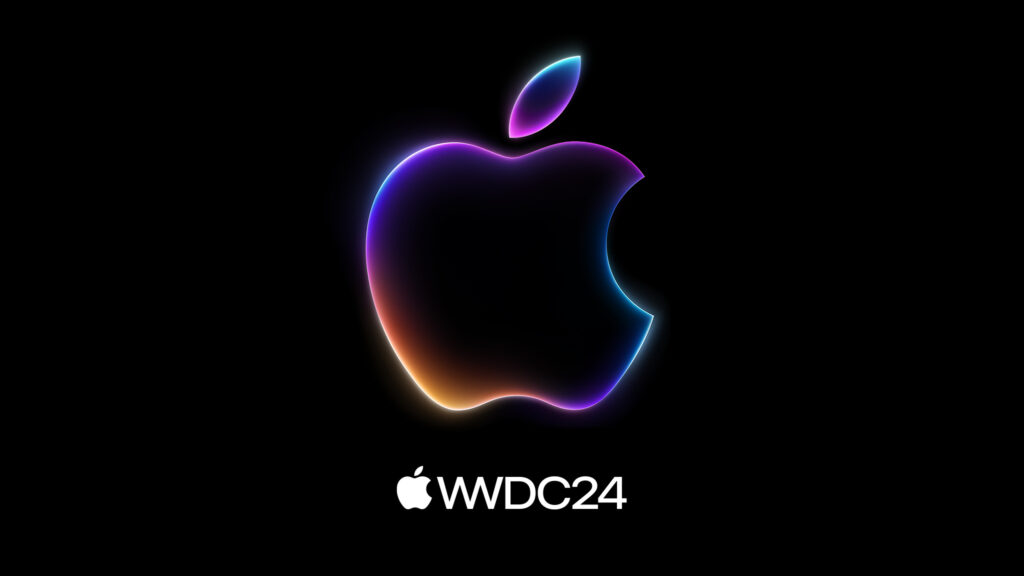
The Evolution and Impact of the iPhone
The iPhone, first introduced by Apple in 2007, revolutionized the mobile industry and redefined our relationship with technology. Combining a mobile phone, a music player, and an internet-enabled device in one, the iPhone set a new standard for innovation, design, and functionality. Its impact extends far beyond the tech industry, influencing culture, communication, and the global economy.
The Beginnings of the iPhone
Before the iPhone, mobile phones served mainly as calling and texting devices with limited internet capabilities. Apple’s co-founder, Steve Jobs, introduced the iPhone as “a revolutionary product,” one that would transform not only communication but also access to information and entertainment. With its multi-touch display, simple interface, and groundbreaking design, the iPhone rapidly became a sought-after product. The integration of the iPod’s music capabilities with the phone, along with the ease of web browsing, immediately set it apart from competitors.
Technological Advancements
With each new generation, Apple has introduced technological advancements that continuously push the boundaries of what a smartphone can do. Improvements in processing power, camera technology, display quality, and security have made the iPhone a powerful and versatile device. The introduction of features like Siri, Apple’s voice assistant, and Face ID for facial recognition have added to its convenience and accessibility. These innovations have influenced the entire smartphone market, prompting competitors to adopt similar features to keep up.
The iOS Ecosystem
One of the most influential aspects of the iPhone is the ecosystem of applications and services that it supports. Apple’s App Store, launched in 2008, opened up a new world of mobile apps, creating opportunities for businesses, developers, and entrepreneurs. From social media to productivity apps and entertainment, the iOS platform has become a central hub for innovation. The App Store ecosystem has significantly contributed to the smartphone’s value, allowing users to personalize their phones to meet their individual needs and interests.
Cultural and Social Impact
The iPhone has profoundly impacted the way people communicate, work, and socialize. With features like iMessage, FaceTime, and social media integration, the iPhone has transformed interpersonal communication, making it easy to stay connected regardless of distance. The popularity of the iPhone has also played a role in the rise of social media culture, as the device’s high-quality cameras and user-friendly interface make it simple to create and share content.
Additionally, the iPhone has influenced industries such as photography, music, and gaming. The powerful camera technology in the iPhone has turned many users into amateur photographers and content creators. The device has also contributed to the growth of mobile gaming, with millions of people now using their iPhones as their primary gaming platform. With the integration of Apple Music and other streaming services, the iPhone has further changed how people access and experience music, making it more accessible and personalized.
Economic Impact and Global Reach
Apple’s success with the iPhone has had a substantial economic impact. It has become one of the most profitable products in the world, contributing significantly to Apple’s value and positioning it as one of the largest companies globally. The popularity of the iPhone has also created jobs in industries like app development, accessories manufacturing, and retail, indirectly benefiting the economy on a global scale.
Despite its relatively high price point, the iPhone is popular worldwide, thanks to its reputation for quality and innovation. Apple has also adapted to various markets, offering different models at varying price points to cater to diverse customer needs, thereby expanding its reach.
Criticisms and Challenges
While the iPhone has achieved great success, it has not been without criticism. Concerns about privacy, data security, and environmental impact have arisen over the years. Apple has faced scrutiny over data privacy practices, leading the company to introduce more stringent privacy policies and features. The environmental impact of iPhone production has also sparked discussions about sustainability, prompting Apple to adopt greener practices and set ambitious goals to reduce its carbon footprint.
Additionally, as competitors introduce their own innovative products, Apple faces constant pressure to continue evolving the iPhone. Brands like Samsung and Google have pushed forward with their own advancements in design and technology, ensuring that Apple must innovate to retain its market dominance.
The Future of the iPhone
The future of the iPhone appears promising, with Apple exploring emerging technologies like augmented reality (AR), artificial intelligence (AI), and 5G connectivity. These advancements could further enhance the iPhone’s functionality and integrate it even more deeply into users’ lives. Apple’s commitment to improving the user experience and developing new features ensures that the iPhone will likely remain a prominent force in the tech world.